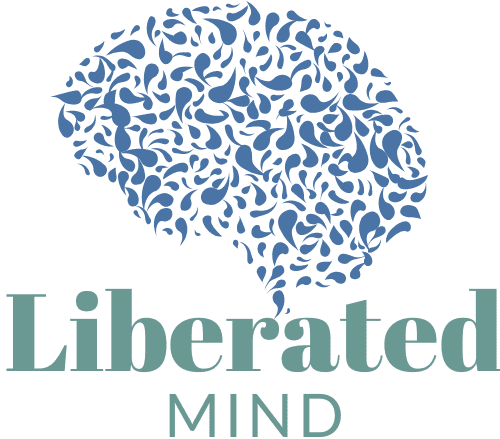
Teacher motivation and enthusiasm predict their motivating style

Posted on Sep 12th, 2022.
A paper by Angelica Moè and Idit Katz (2022) examines the relationships between teachers' motivation, their enthusiasm, and their motivating style towards students.
Teacher motivating styles
Research into the self- determination theory has shown that autonomy support and the provision of structure by teachers improves the motivation of students. Teachers' controlling and chaotic styles undermine student motivation (Aelterman et al., 2019).
Teachers' own motivation predicts their motivating style
Research has shown that the degree of satisfaction of teachers themselves predicts how they treat students (Aelterman et al., 2019).
The more the basic needs of teachers are satisfied (and thus the more they are autonomously motivated ), the greater the chance that they have an effective motivating style towards students (with autonomy support and structure).
The more the basic needs of teachers are frustrated (and thus the more controlled their motivation is), the more likely it is that their motivating style towards students is ineffective (controlling and chaotic).
Enthusiasm of teachers
Research has shown that the enthusiasm of teachers improves the quality of instruction and the involvement of students. When teachers feel enthusiastic, their enthusiastic behavior is seen as 'authentic enthusiasm'. Enthusiastic behavior that is not accompanied by experienced enthusiasm is displayed enthusiasm.
Research Moè & Katz (2022)
Moè & Katz (2022) conducted questionnaires with secondary school teachers to assess their satisfaction and frustration with basic psychological needs, their perceived and displayed enthusiasm and their adoption of (de)motivating teaching styles.
The results showed:
- that satisfaction of teachers' basic needs was associated with autonomy-supportive and structure-providing motivating styles
- that frustration of teachers' basic needs was associated with controlling and chaotic motivating styles
- that teacher enthusiasm correlated positively with basic needs satisfaction and negatively with basic needs frustration
- that perceived enthusiasm (but not displayed enthusiasm) of the teacher mediated the relationship between needs satisfaction and motivating style
Source: Progressfocused.
Need to Schedule an Appointment?
Our goal is to be your safe haven when it comes to mental health, so don't hesitate to send us a message right here! We are always happy to help :)
Contact Us
Office location
1136 Cherokee Street, Denver, ColoradoSend us an email
[email protected]